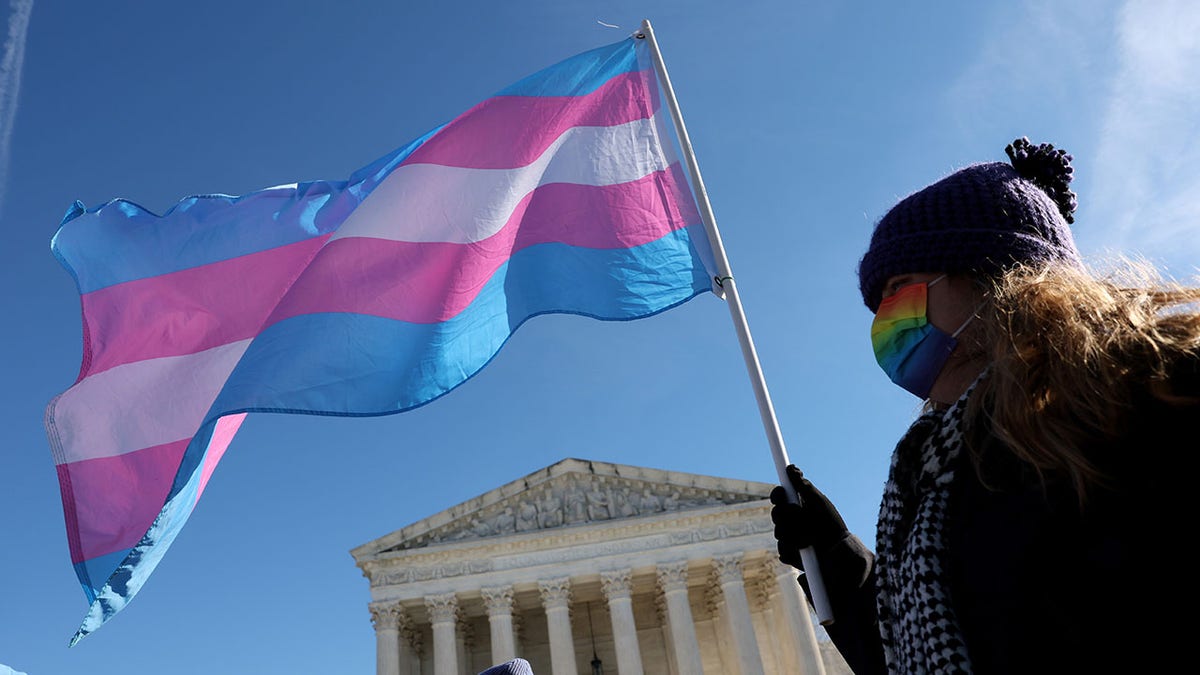The Biden administration's focus on "equity" has recently faced a significant legal setback. A federal judge ruled against the Minority Business Development Agency (MBDA), a newly established agency designed to assist specific racial groups, stating that the administration cannot discriminate based on race. Judge Mark Pittman emphasized the Constitution's requirement for equal treatment under the law.
This ruling is a blow to President Biden's "whole of government" approach to racial equity, implemented across all agencies. This agenda has led to numerous programs offering financial aid to certain racial groups, including farmers, restaurant owners, homeowners, small business owners, and federal contractors.

The MBDA is a central component of this equity agenda. Established as a permanent agency in November 2021 through the Infrastructure Act, it aims to support minority business owners with grants, training, consulting, and government contracts. However, as Judge Pittman pointed out, the MBDA's assistance excludes those with ancestry from the Middle East, North Africa, or North Asia, as well as minority business owners possessing less than 51% ownership.
This exclusionary practice highlights the administration's narrow definition of "minority businesses," leaving out many non-White racial groups. The government's attempts to categorize individuals based on race raise concerns about the fairness and constitutionality of such practices.

Three White small business owners – Greg Nuziard, Christian Bruckner, and Matt Piper – challenged the MBDA's constitutionality in court, represented by the Wisconsin Institute for Law & Liberty. They were denied assistance due to their race. The MBDA's Orlando office explicitly informed Christian Bruckner of their inability to assist him because he was White, offering instead a referral to a "strategic partner." This separate but equal treatment further underscores the discriminatory nature of the program.

The Biden administration defended the MBDA, arguing that the racial discrimination was necessary to address past inequities caused by racial prejudice. They cited historical instances of discrimination, such as redlining and Jim Crow laws, as justification for current race-based programs. This argument aligns with the theory of systemic racism, which posits that present-day racial disparities are solely the result of past discrimination.

Judge Pittman rejected this argument, emphasizing that statistical disparities alone cannot justify racial preferences. He cautioned that such reasoning would allow governments to create widespread racial preferences based on generalized statistics. This ruling aligns with other federal judges who have struck down parts of the equity agenda, including the race-based Farmer Loan Forgiveness Program and the Restaurant Revitalization Fund.

The legal battle against race-based programs continues, with the Biden administration consistently introducing new initiatives. It will require ongoing vigilance and legal challenges to ensure that the principle of equal treatment under the law is upheld.








